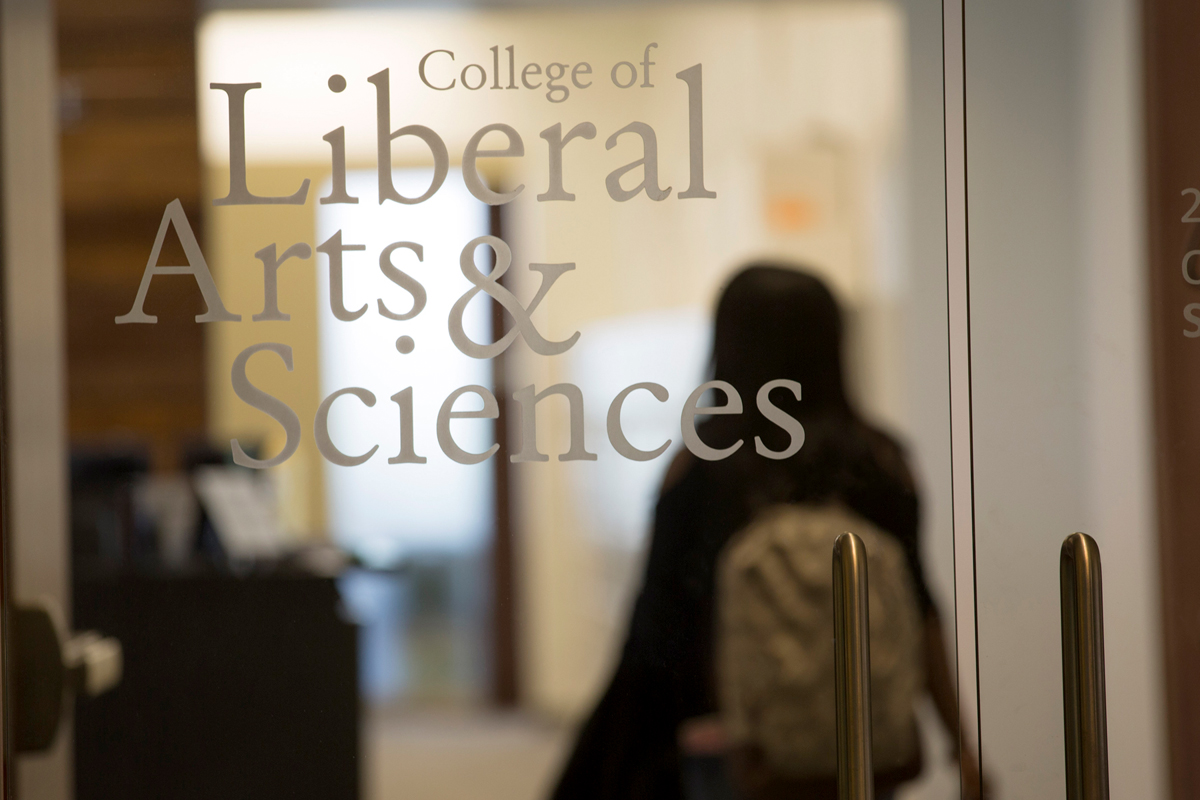Astronomy
The Astronomy major is a flexible program for students who plan to pursue technical or professional careers in areas requiring a sound grounding in physical science and mathematics. It is based upon both a broad and an in-depth exploration into astronomy and allied disciplines, and is an excellent way to gain a general science education. It may be chosen by students who wish to have an astronomy research career or an astronomy background for use in related fields, such as education, public outreach, laboratory technicians, computer programmers, and science journalists.
Students who are certain that they want to go on to graduate study in astronomy should also consider a double major or minor in physics, chemistry, or another closely allied field. Specific programs of study in other areas such as biology, economics, English, history, or journalism for individual students can be designed and periodically updated through mutual discussions between the students and their academic advisors.
Students who plan to pursue technical or professional careers in fields of astronomy that require a sound grounding in computer science should also consider the Computer Science & Astronomy program.
- ASTR 100—Introduction to Astronomy
OR
- ASTR 121—The Solar System
- ASTR 122—Stars & Galaxies
OR
- ASTR 210 - Introduction to Astrophysics (recommended for students who have taken PHYS 211: University Physics: Mechanics)
Students should consult with an academic advisor regarding course selection prior to the advanced registration period.
Astronomy can lead to many different career opportunities in related fields. Professional astronomers work at universities and colleges, national laboratories and observatories, federal agencies, and in private industry. Astronomers also work in planetariums, science museums, public-service positions, education, and science journalism.
- Ability to analyze & interpret data
- Advanced quantitative skills
- Communication
- Data science
- Experimental design
- Gathering observations/data
- Logic and reasoning skills
- Teamwork
- Technical writing
- Astronomer
- Astrobiologist
- Astrochemist
- Astrophysicist
- Data Scientist
- Lecturer
- Planetary Scientist
- Professor
- Research Associate
- Research Programmer
- Research Scientist
- Scientist
-
Some careers may require education beyond an undergraduate degree.
- Participating in undergraduate research
- Applying for a study abroad experience
- Utilizing resources of The Career Center
- Joining a Registered Student Organization (RSO) related to this major, such as:
- Astronomical Society at the University of Ilinois at Urbana-Champaign: engage and educate students, faculty and staff in astronomy.
There are several professional organizations dedicated to Astronomy. Their websites might be able to provide a glimpse in the world of Astronomy. These organizations include American Astronomical Society (AAS) and International Astronomical Union (IAU).


